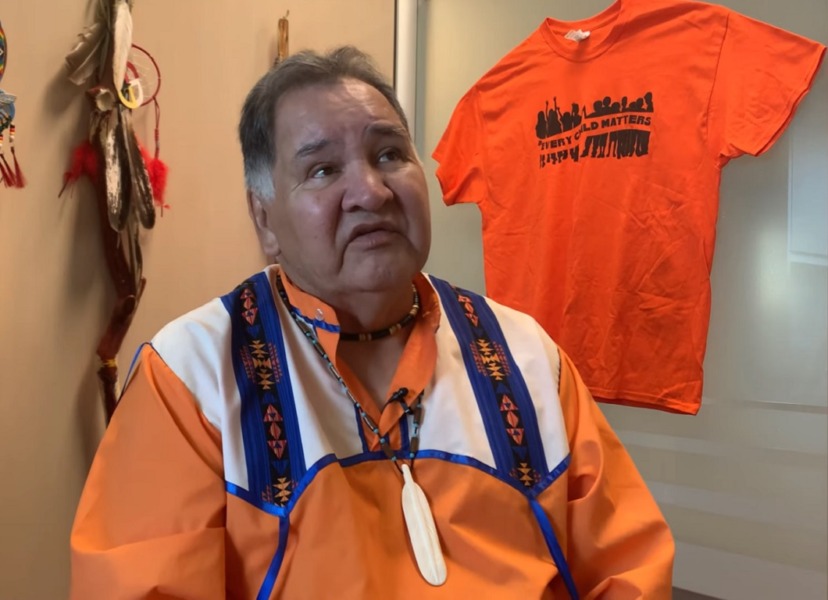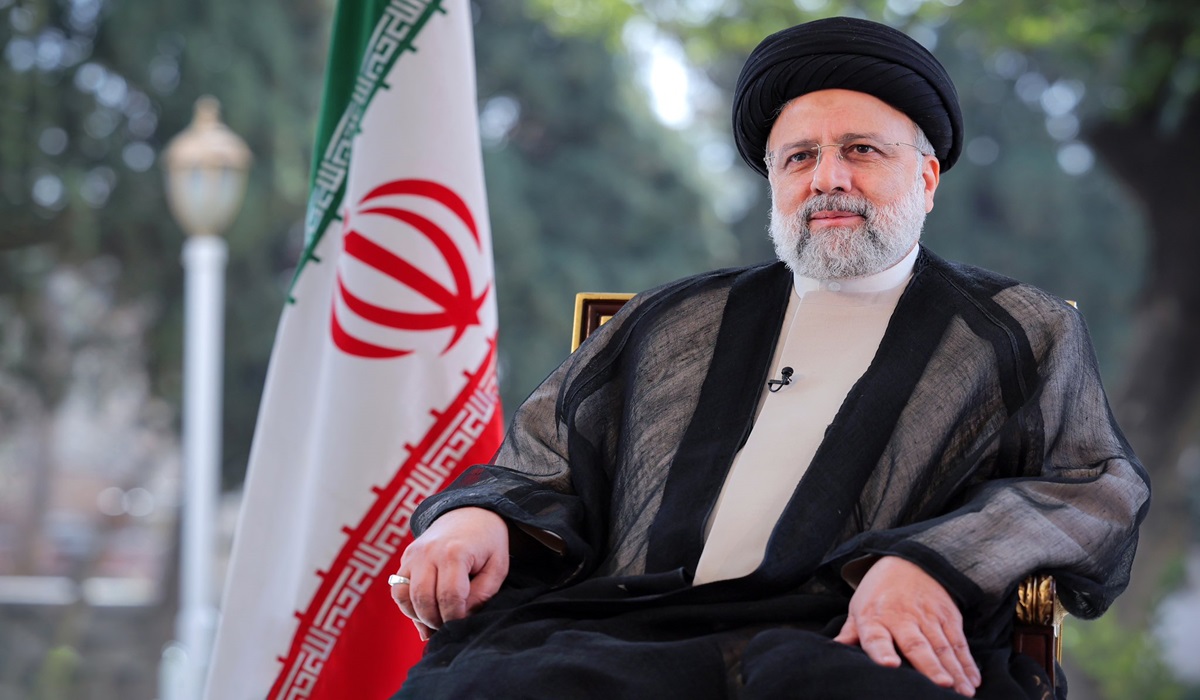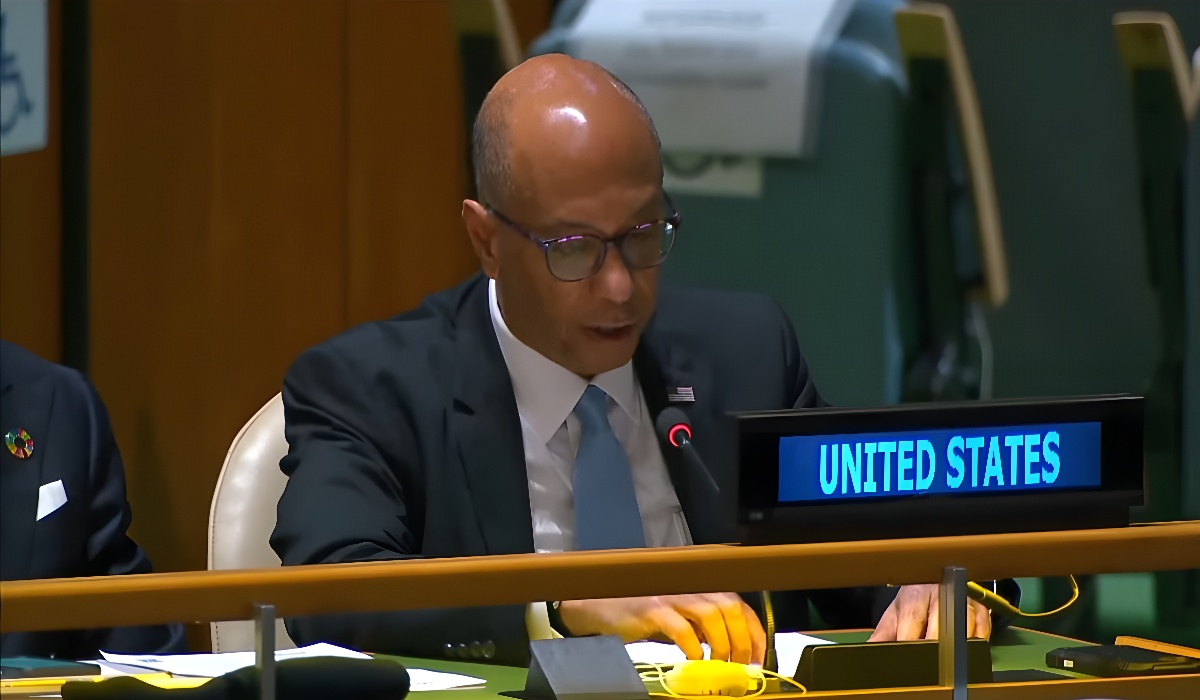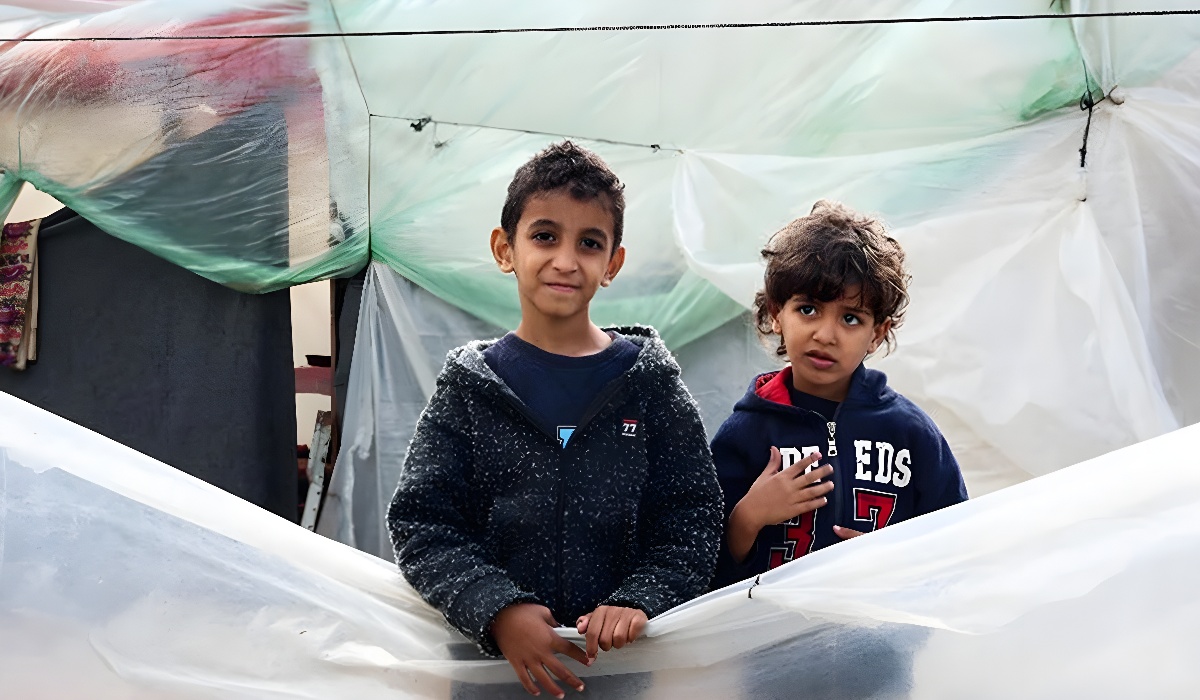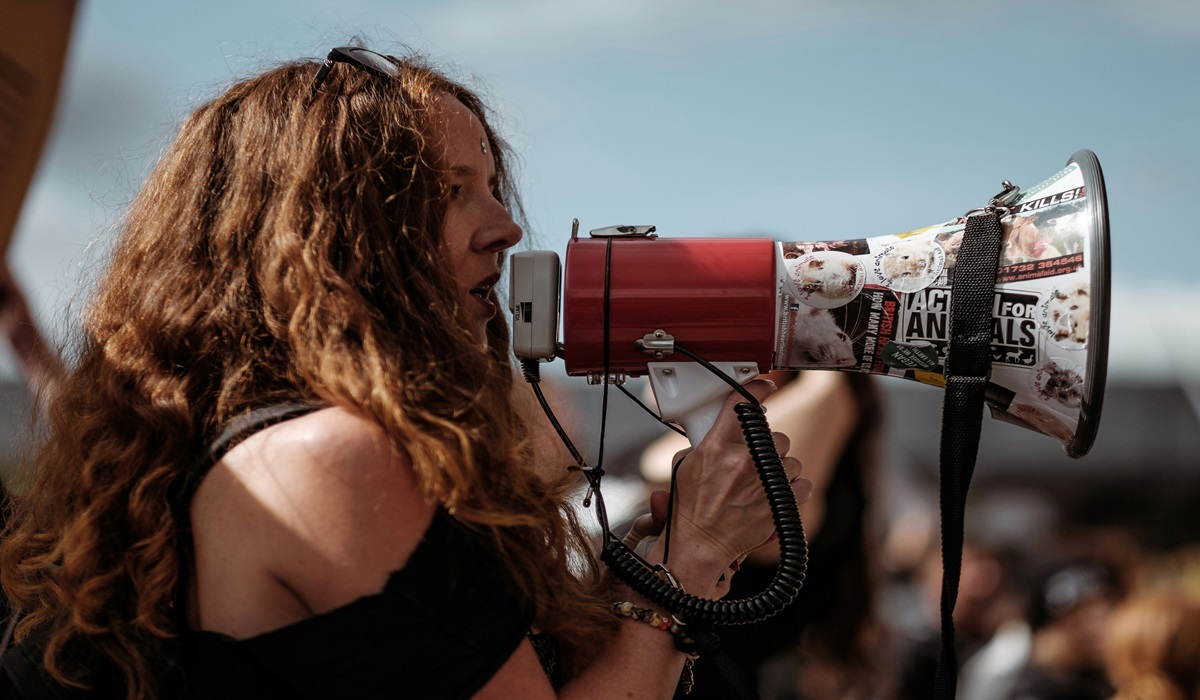Today marks a significant and historic day in Canada as the nation observes National Truth and Reconciliation Day, a statutory holiday that underscores the importance of acknowledging the painful history of Indigenous peoples and working towards reconciliation. This day, often referred to as Orange Shirt Day, serves as a poignant reminder of the need to confront the dark chapters of Canada’s past, particularly the legacy of residential schools and the atrocities committed against Indigenous communities.
The origins of National Truth and Reconciliation Day can be traced back to the Truth and Reconciliation Commission (TRC), which was established in 2008 as part of the Indian Residential Schools Settlement Agreement. The TRC’s primary mission was to shed light on the traumatic experiences of Indigenous children who were forcibly removed from their families and communities to attend residential schools. These institutions, operated mainly by religious organizations and funded by the Canadian government, aimed to assimilate Indigenous children into Euro-Canadian culture, resulting in physical, emotional, and cultural abuse.
The term “Orange Shirt Day” is a nod to the story of Phyllis Webstad, a survivor of the St. Joseph Mission Residential School in British Columbia. In 1973, Phyllis had her new orange shirt taken away from her on her first day of school, leaving her with a deep sense of shame and loss. Her experience symbolizes the broader trauma experienced by Indigenous children in residential schools, and it has become emblematic of the need to remember and heal from this painful history.
National Truth and Reconciliation Day holds profound significance in Canada’s ongoing journey towards reconciliation. It is a day to acknowledge the deep wounds inflicted on Indigenous communities and to honor the resilience of Indigenous peoples who have endured centuries of oppression. The wearing of orange shirts has become a symbol of solidarity and remembrance, with people across the country donning orange attire to show their support for the survivors and their commitment to reconciliation.
One of the most significant developments in recent years is the growing recognition of the need to teach the truth about the Indigenous genocide, residential schools, day schools, and the countless atrocities that have occurred throughout Canada’s history. Education has long been a powerful tool for societal change, and it is heartening to see that schools are now incorporating Indigenous history, culture, and perspectives into their curricula. This shift in education represents a crucial step toward building a more inclusive and compassionate society.
The painful and uncomfortable truths about Canada’s history must be confronted. We must acknowledge the countless lives lost, the cultural heritage erased, and the trauma inflicted on Indigenous communities. It is only by facing this dark and ugly history head-on that we can hope to move forward as a nation and embark on the path of reconciliation.
National Truth and Reconciliation Day is a reminder that we should never forget the atrocities committed against Indigenous peoples. It is a day for reflection, education, and action. By recognizing the past, we can pave the way for a more just and equitable future, where Indigenous peoples are respected, their rights upheld, and their voices heard. It is only through collective effort and genuine commitment that we can ensure that the horrors of the past are never repeated, and that the wounds of the past are allowed to heal.
Image Youtube CC – Knowledge Keepers Gilbert Kewistep and Judy Pelly.

